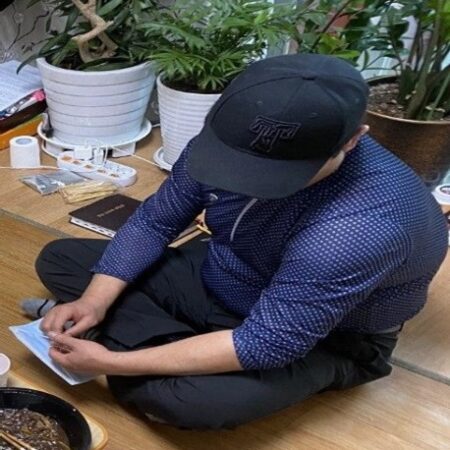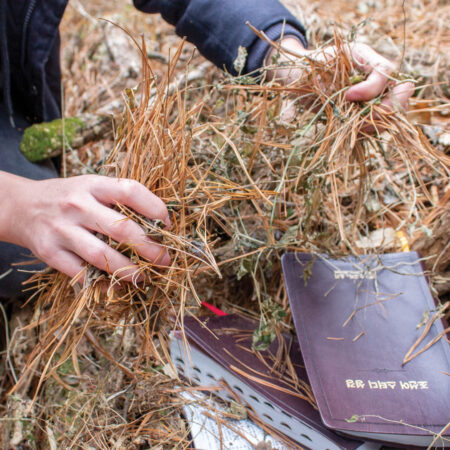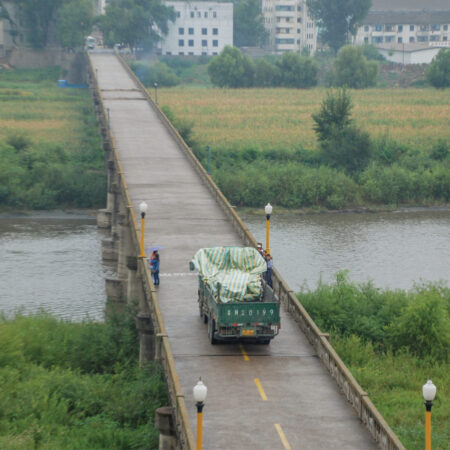When a North Korean man’s relatives invited him to read the Bible, everything changed.
Years ago, Mr. Park traveled from his home in North Korea to visit relatives in China.
His relatives, who were part of China’s vast underground church movement, invited him to read the Bible while he was there. When he declined, they fasted and prayed for a couple of days, hoping he would change his mind. That puzzled Mr. Park even more than the original invitation.
Finally, out of curiosity and a desire to appease his family, he agreed to give the book a cursory read. But the more he read, the more questions he had for his relatives. The Bible translation used the South Korean dialect rather than the North Korean dialect. The two dialects differ roughly 40 percent of the time. Still, the parts he understood fascinated him.
Seeing Mr. Park’s interest, his relatives took him to their house church, where church members explained the need for the gospel in North Korea and implored him to start an underground church there. They were prepared to provide him with food and money to sustain him, Bibles to distribute and a bicycle to help him reach more people.
Mr. Park grew increasingly fearful as he considered their idea. Possessing a Bible, let alone several of them, is extremely dangerous in North Korea. Being caught with even a few pages of Scripture could result in detention in a concentration camp, so North Korean Christians often memorize passages of God’s Word to safely “possess” it.




